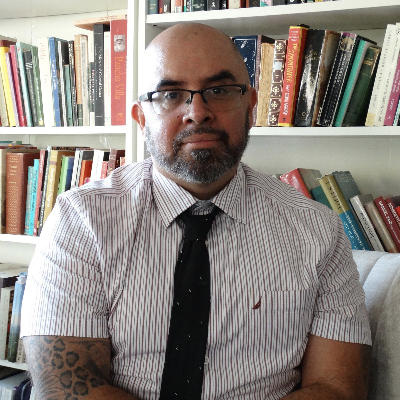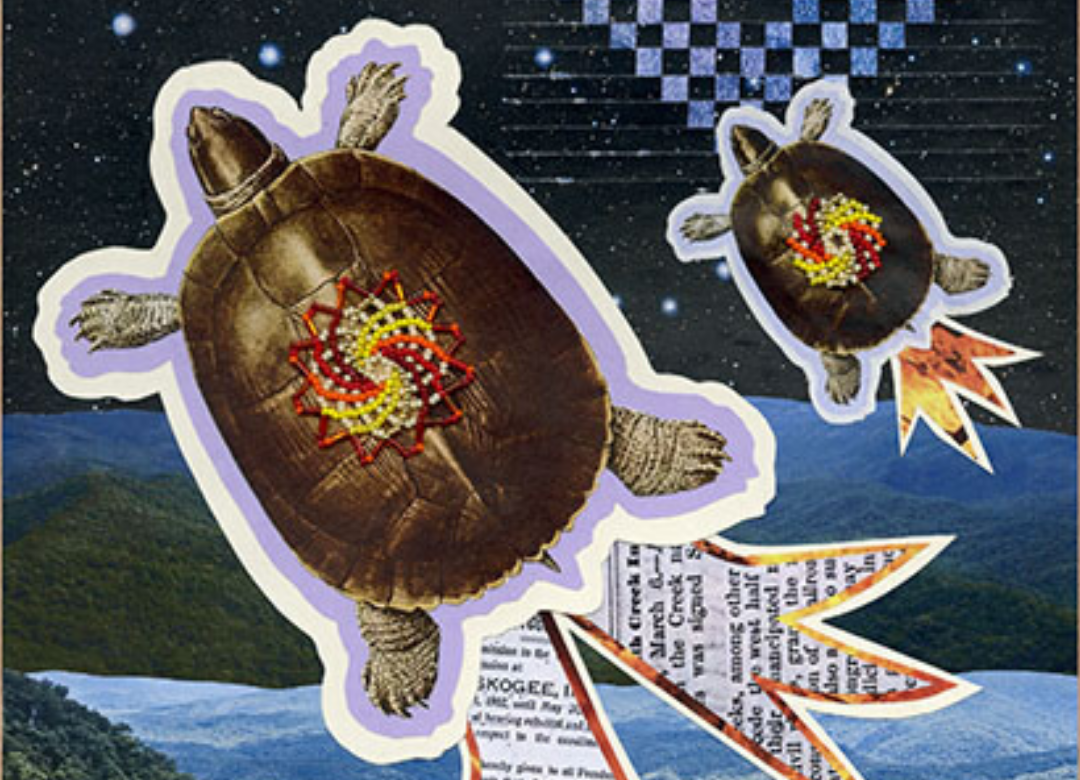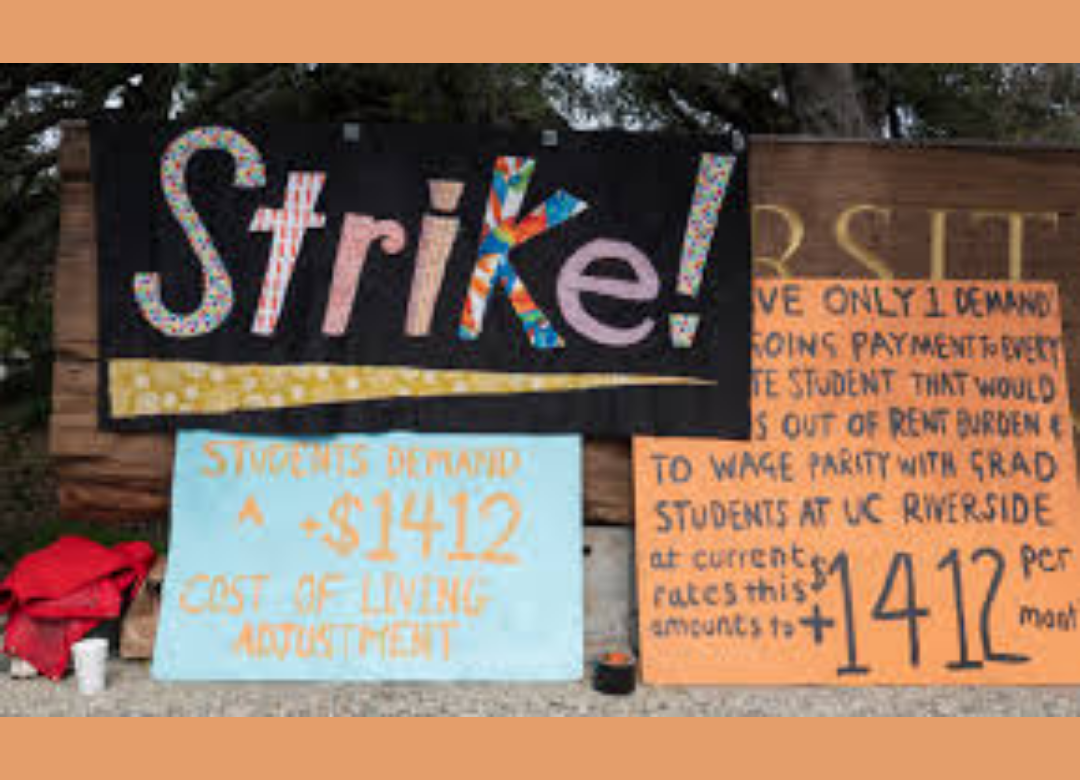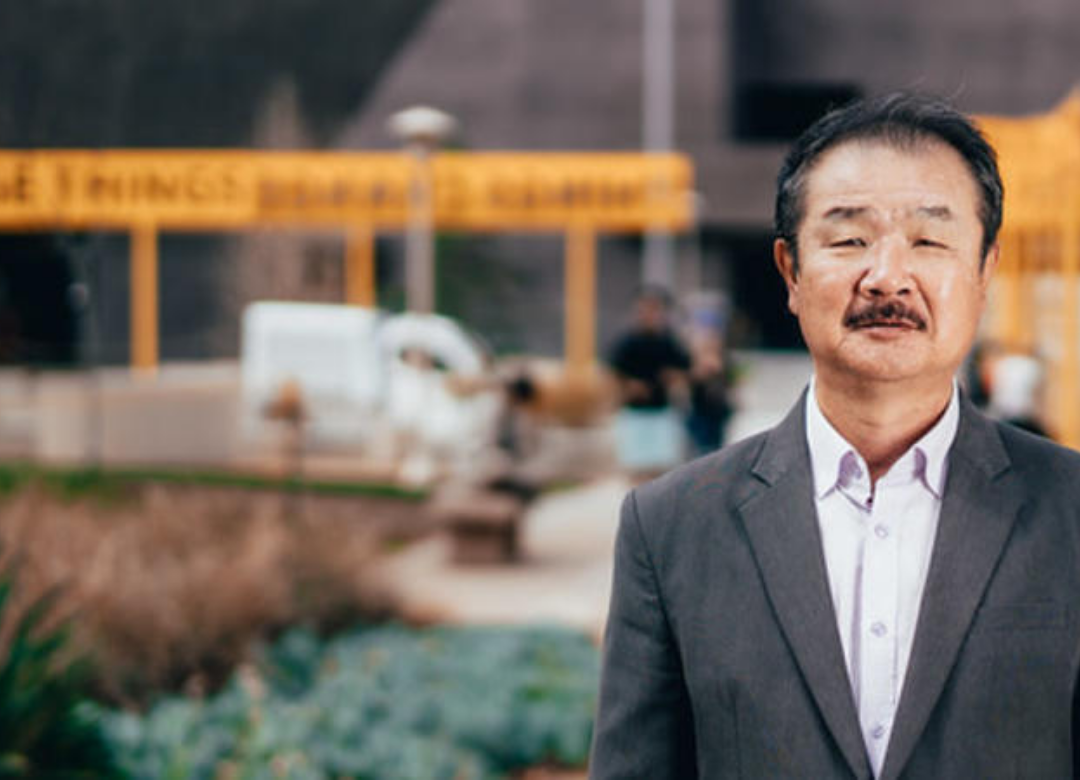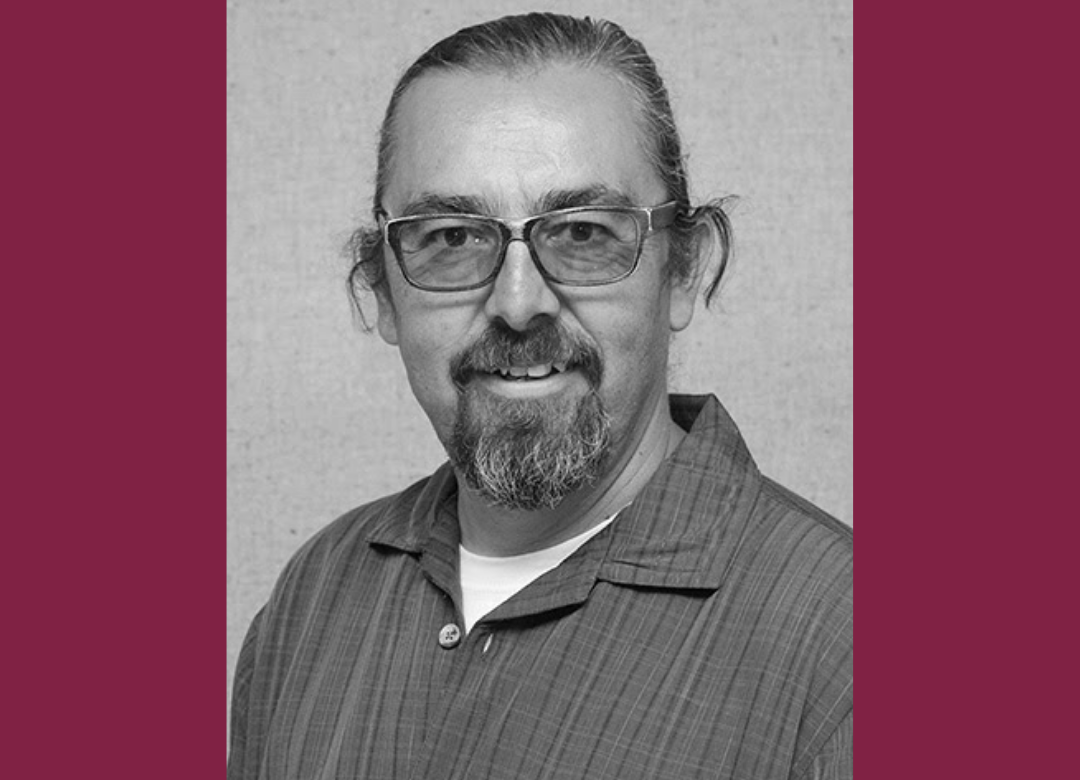Congratulations to Prof. Alfonso Gonzales Toribio, Ethnic Studies, and Prof. Claudia Holguín Mendoza, Hispanic Studies, on securing a $2.9 million grant from the Mellon Foundation for the new initiative, Latinx Futures: The Civil, Cultural and Political Stakes for Southern California Latinx Communities! More details from the UCR news by Sandra Baltazar Martínex:
The Andrew W. Mellon Foundation awarded a $2.9 million grant to UC Riverside — the Foundation’s largest grant yet to the university — meant to support College of Humanities, Arts, and Social Sciences research.
Alfonso Gonzales Toribio, associate professor in the Department of Ethnic Studies, and Claudia Holguín Mendoza, assistant professor in the Department of Hispanic Studies; will lead the “Latinx Futures: The Civil, Cultural and Political Stakes for Southern California Latinx Communities” project under the new Center for Latino and Latin American Studies and Research, poised to be the first of its kind in Southern California based UC campuses. The center is expected to open February 2021.
Latinx Futures is designed as a unique multidisciplinary research project that will bring together community organizations such as Mayavision, a Guatemalan indigenous rights organization; the Center for Community Action and Environmental Justice; San Bernardino Community Service Center, Inc.; the Mira Loma Oral History Project; and other regional labor and social justice organizations. The project will also include collaborative opportunities with researchers from universities across the United States, Mexico, and England.
The Mellon Foundation, that largest funder of the arts and humanities in the United States, awarded more than $72 million to 16 teams across the U.S. for its Just Futures Initiative, including the nearly $3 million grant to UCR. Funding is over a three-year period.
“Through extraordinary collaborative exploration and rigorous humanities-driven inquiry, the Just Futures Initiative will expand our collective understanding of our country’s history,” said Mellon Foundation President Elizabeth Alexander. “We are thrilled that the work of these multidisciplinary teams will propose and implement solutions to real social problems, and also mark new milestones in the effort to better capture the contributions of the many different communities that make up the American story.”
Opening the Latino and Latin American Studies and Research Center at UCR is necessary, Gonzales Toribio said. There are close to 5 million people in the Inland Empire and nearly 50% of that population is Latino.
“Yet, we are marginalized from the institutions of power and our history and experiences in the Inland Empire are virtually absent in the academic literature, in Hollywood, and in the media,” Gonzales Toribio said. “But our dreams, triumphs, and struggles matter. We are launching this project with support from Mellon to better understand our history, social, cultural and political experiences, and to create a more democratic and inclusive future for all in the region.”
Securing the $2.9 million grant is of monumental importance to UCR and to the Latino communities of this region, said Gonzales Toribio, who was born in Tijuana, Mexico and grew up in the working-class community of Mira Loma.
“The time for such a center at one of the nation’s largest Hispanic Serving Institutions is now, and UCR is poised to have one of the first centers of its kind in the UC system,” Gonzales Toribio said.
He noted the Center for Latino and Latin American Studies and Research seeks to study the history, culture, and experiences of Latinos and Latin Americans in general and of Mexicans, Chicanos, and Central Americans that inhabit this region in particular.
The multidisciplinary research projects will be organized into two teams, with support and coordination by the Center.
-
-
- “Latinx Civil Society” will be led by Gonzales Toribio, the center’s director and principal investigator for Latinx Futures. The project focuses on countering racial authoritarianism in the Inland Empire through building humanistic and civil society structures with community partners. It includes national collaborators at UC Merced, UCLA, University of Texas at Austin, University of Southern California, as well as scholars at the Universidad Nacional Autónoma de México and Universidad Autónoma Metropolitana de México, as well as the London School of Economics in London, England.
- “Inclusive Pedagogies for Critical Sociocultural Linguistic Literacy” will be led by Holguín Mendoza, who serves as the project co-principal investigator. This project will harness the power of the research university to counter the systematic racism directed against Latinx language and knowledge. Aiming to dismantle testing and curricula policies that marginalize Latinx language varieties, this research group works to challenge institutions to inclusively reflect the vibrant plurilingualism of borderlands Latinx communities. The team includes collaborators at California State University East Bay, University of Wisconsin-Whitewater, University of Oregon, and Western Illinois University.
-
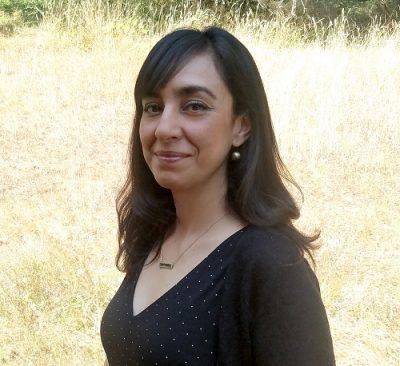
Latinx Futures will include oral histories, indigenous music and storytelling workshops, community documentary, and the development of ethnic studies curriculums that incorporate insight from some of the leading humanities-based scholars from across the United States and Mexico in partnership with community partners.
Project activities will also include inclusive language and literature workshops with area educators; conferences; visiting scholars, artists and activists; research publications aimed at shifting policy; and robust opportunities for multidisciplinary collaboration, student involvement, and community partnerships.
Holguín Mendoza said this multisite project expands on antiracist research methodologies and pedagogical approaches for linguistic justice.
“Our interdisciplinary team engages in research and educational practices that take into account the complexity of human communication and a deep understanding of how language variations are linked to complex racial relations, among other intersectional social elements,” said Holguín Mendoza. “What brings us together as collaborators is a commitment to counteracting sociolinguistic stigmatization and introducing Latinx students to critical approaches that allow them to take control of their academic and intellectual development.”
Latinx Futures will build the center’s infrastructure so it can serve as a home for visiting artists and scholars, a campus hub for students and faculty, and a point of contact for collaborating local groups.
Gonzales Toribio, Holguín Mendoza, and collaborating researchers support other campus entities to promote equity and justice for Black and indigenous peoples, as well as all working class people of color. The center and these project activities have the support of UCR’s vice chancellor for Diversity, Equity, and Inclusion, Mariam Lam; and expand the long-standing community-based research practices conducted by the California Center for Native Nations, known as CCNN, with direct support from Chancellor Kim A. Wilcox.
The project reinforces the centrality of the humanities and UCR’s College of Humanities, Arts and Social Sciences, which serves the majority of UCR’s Latinx and first-generation students, Holguín Mendoza said.


